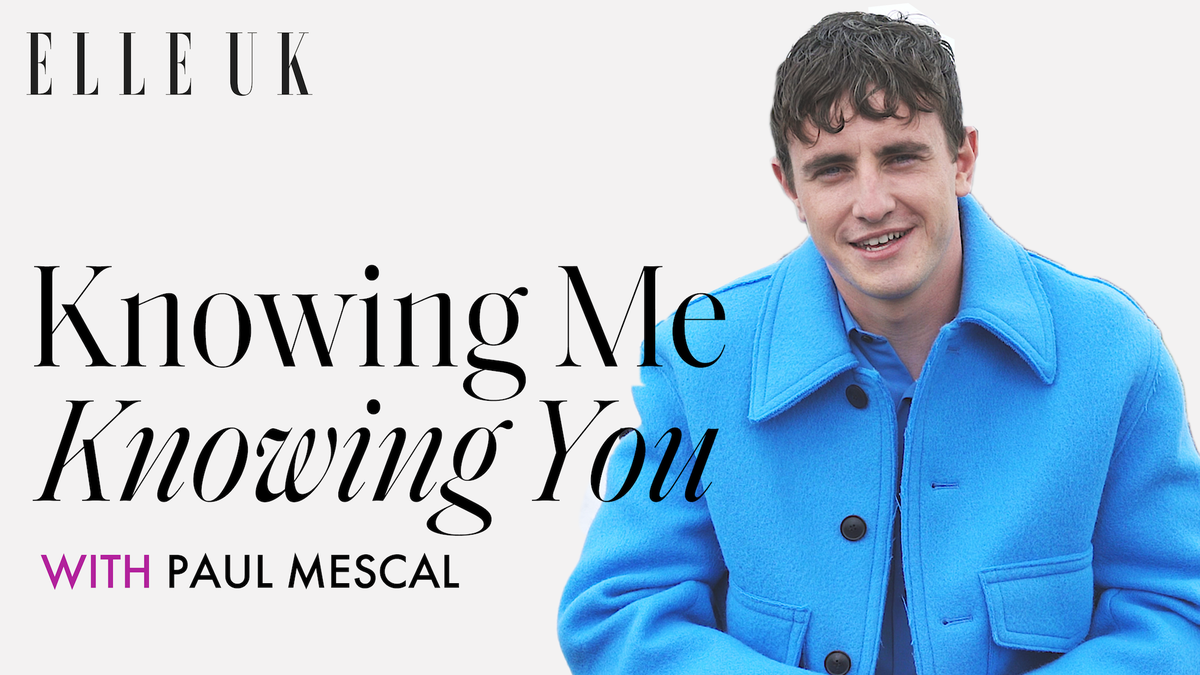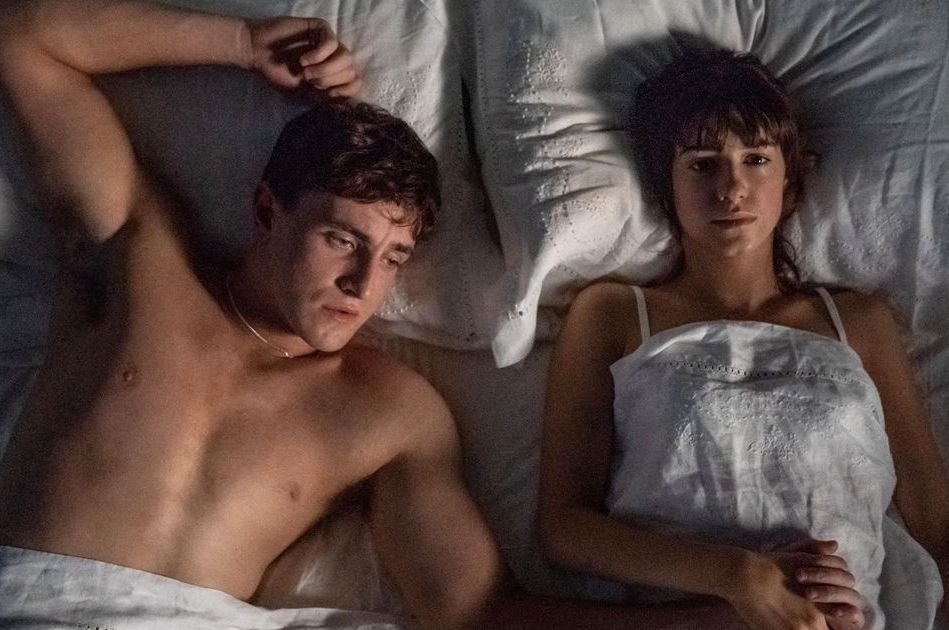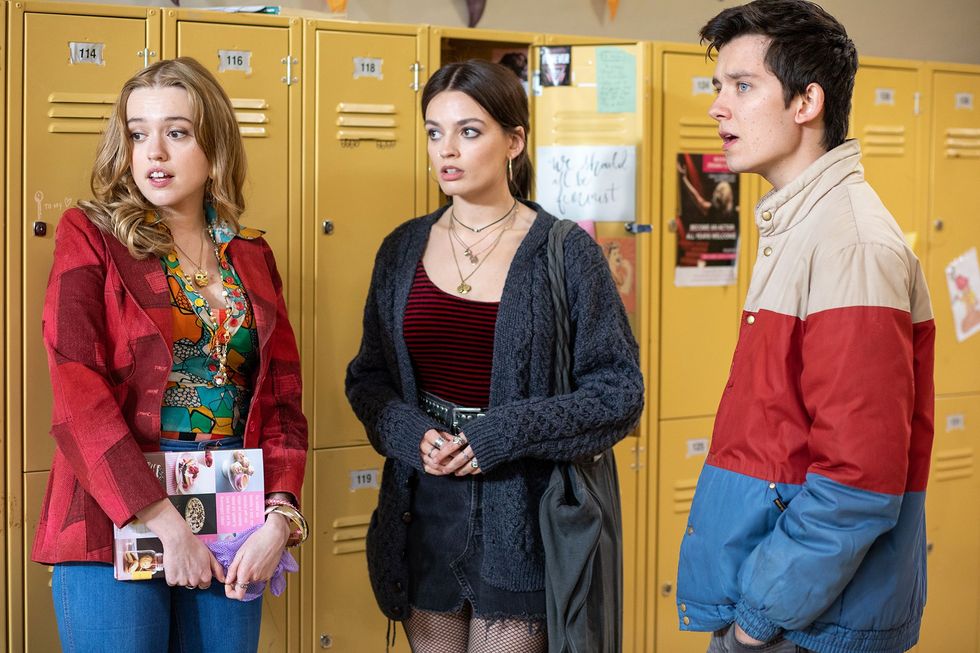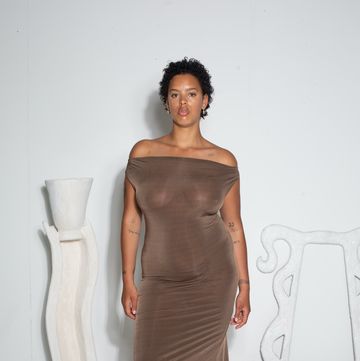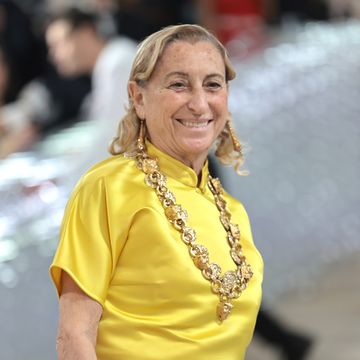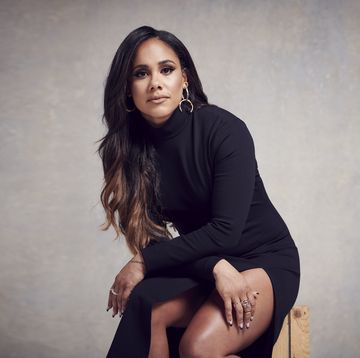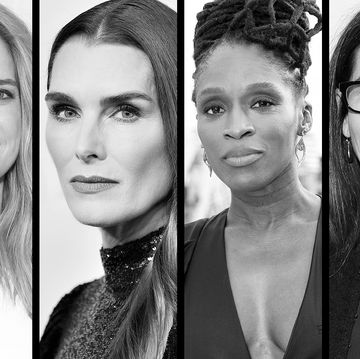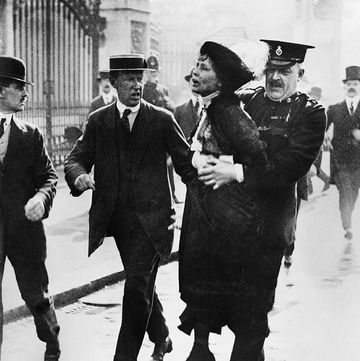Think back to the sex scenes you watched growing up. First-times were glamourised in the back of limos like Gossip Girl or romanticised to perfection in The Notebook. Blackmailing women into sex was normalised and even fetishised in the cult-classic Cruel Intentions. There was no realistic awkward and messy fumbling, let alone mention of condoms, pubic hair or periods. Foreplay? What’s that? Female pleasure? What's that?
Film and television never claimed to be the hallmark of relationships or sex education, but in lieu of decent sex education in schools we, as viewers, unknowingly picked up bad habits, unrealistic expectations and ascribed shame, especially for women.
As for the actresses involved in the sex scenes, their fate lay in the hands of the (mostly male) directors, and left many scarred. Salma Hayek recently admitted to crying throughout her first sex scene in breakout 1995 film Desperado. In conversation with Dax Shepard and Monica Padman for the Armchair Expert podcast, Hayek recalled the sex scene not being written in the original script, but rather sprung on her last minute.
Similarly, Maria Schneider suffered lifelong torment following the controversial rape scene with Marlon Brando in 1972 film Last Tango In Paris. She was manipulated, uninformed and had not consented to doing the scene, which was not in the original script.
In the wake of the #MeToo movement and Hollywood’s continuing reckoning with sexual misconduct, intimacy coordinators have become a fixture on film and television sets. Their role is to ensure the safety, consent and comfort of performers when executing the vision of writers and directors.
And no one has received more attention and credit for doing so than Ita O’Brien, widely considered the original intimacy coordinator.
She spent years developing Intimacy on Set Guidelines, before founding Intimacy On Set, a service that provides intimacy coordinators, consultancy, advocacy and training for TV, film and theatre sets. She was first hired as an official intimacy coordinator on Sex Education season one in 2018 (a show widely praised for its realistic and inclusive portrayals of sex) and has since worked on other hit shows including Normal People, I May Destroy You, Industry and It’s A Sin.
‘I take no credit in the incredible writing that is already in the shows I’ve worked on, but my role is to help facilitate. I make sure the sexual content isn’t gratuitous, that it’s serving the character and storyline,’ says Ita O’Brien over Zoom. ‘I make sure the actors are fully aware on what is being asked of them and I create clear choreography for them to follow, so they feel safe and empowered.’
With the help of better scripts and more female directors, O’Brien is leading the charge ensuring there are more relatable, un-glamorised portrayals of sex on screen which directly transcend to what viewers are home can learn, consider and put into practice in their own lives.
Here she talks to ELLE UK about seven lessons we can learn about our own relationships and sex lives through the overhauling and updating of tiresome, outdated and harmful depictions on TV.
1) Encouraging teenage sexual discovery
Sex Education is the show you wish was around when you were going through puberty. It myth-busts and shatters unrealistic expectations (like orgasming at the same time) and normalises situations usually steeped in shame, from sexual disfunction to masturbation.
‘Young men in particular feel like they need to know how to have sex before they’ve ever experienced it,’ says O’Brien. ‘That’s why they end up turning to pornography in order to learn.’
A National Union of Students survey in 2015 revealed that 60 per cent of British students watched porn to get information about sex, despite 75% of students being aware of how unrealistic it is.
‘If you decide to ride a motorbike, nobody expects you to know how to do it before you’ve jumped on, it should be the same thing with sex,’ continues O’Brien. ‘The show teaches young people that it’s fine to not know what you’re doing and to have insecurities. It encourages them to ask questions, discover and learn together with their partner.’
2) The realities of losing your virginity
In Normal People, Marianne’s first-time with Connell was a lesson in, perhaps, the healthiest first sexual encounter possible. For many viewers, it was the first-time of our dreams, not because it was seamless or lavishly romantic, but rather because there was a palpable level of respect, with Connell checking in constantly on Marianne’s emotions.
‘If you want me to stop or anything, we can obviously stop,’ says Connell in the scene. ‘If it hurts or anything, we can stop. It won’t be awkward.’
Woman-kind let out a collective swoon when we heard this. The acknowledgement that many women go along with certain sexual encounters for fear of making the situation awkward felt overwhelmingly poignant. We felt seen. And the equal attention to the pleasure of both parties was notable.
‘There was a total equal balance of pleasure as they both took their clothes off together and stood in front of each other naked,’ says O’Brien. ‘Connell reaches forward to pleasure Marianne and then Marianne returns that pleasure.’
There is familiarity in the bra getting stuck over Marianne’s head and Connell tripping over his trousers and the scene serves as a reminder that asking to use protection doesn’t 'ruin' the atmosphere. While, we have Sally Rooney’s ground-breaking writing to thank for many of these moments, O’Brien was instrumental in making sure the moment of penetration wasn’t glossed over or glamourised. The scene shows young viewers that the first time you have sex doesn’t have to be instantaneously pleasurable or adventurous, it's uncomfortable and for many, painful, at first.
‘That’s the part I will take credit for,’ says O’Brien. ‘It was really important for Marianne to register the discomfort in losing her virginity. Acknowledging that doesn’t mean that the sex isn't good, but it’s realistic.’
3) The normalcy of naked bodies
We might be immune to seeing bare boobs by now, but as for male full-frontal nudity? Please. And, if we do see it, we're not used to seeing it in a very normal way. The casual nudity in Normal People helped to normalise our birthday suits, pubes and all.
‘There are a few post-coital scenes which flash to nakedness and also a scene where Connell comes out of the shower. We didn’t want to hide the nakedness or focus on it either,’ says O’Brien, who explains that director Lenny Abrahamson used Nan Goldin photography references as inspiration for the incidental nudity.
‘These moments are so important to show the normality of our naked bodies. There is no objectification or sexualisation, there is an ordinary reason behind the nakedness.’
4) How female pleasure and masturbation are totally normal
We all remember that time in school where an accusation over whether a girl masturbated was used as a regular put down. So it is only right that on-screen portrayals de-stigmatising the act are long overdue.
In Sex Education, Aimee performs like a porn star in the bedroom and engages in ‘dirty’ talk she thinks her boyfriend wants to hear, but this turns out to a be a big turn off for him. She is surprised when he asks what she wants. Having never really considered it before, she genuinely doesn’t know, so Otis prescribes her 'a wank'. She adheres to his advice, explores her body at home and learns about her sexuality.
‘Putting to rest the shame and guilt surrounding female masturbation, Aimee’s discovery is a joyful celebration,’ says O’Brien. ‘I have had an adult woman thank me for that masturbation scene. She said that it changed her life.’
O’Brien also worked on BBC banking series Industry, which showed sexual desire to be just as prevalent in women as with the men. Both genders initiate sex – just like in real life – and we’ve never seen so many female characters being the beneficiaries of foreplay.
‘Industry shows that the female characters’ sexual desires are up there with their professional ambition,’ says O’Brien. ‘It showed that it’s normal for people, male and female, to have a sexual appetite that isn’t linked to an ongoing monogamous relationship. It’s hugely empowering.’
5) That consent comes in many forms
Watching Michaela Coel’s I May Destroy was a powerful experience and one that resonated with many of us as the series progressed exploring the many layers and versions of consent, with some of us mentally reviewing past sexual encounters with anxiety.
In the intimate scene where Zain – secretly and purposefully – takes off his condom during sex with an unknowing Arabella, our eyes were opened to the fact that this is rape.
‘It was an incredible education and shock for everyone watching, myself included,’ says O’Brien. ‘One in five women have experienced some type of sexual assault since the age of 16, so to highlight the ways in which it's not so black-and-white is incredibly important.’
This new lens of understanding encourages conversation so that viewers are able to spot predatory behaviour, speak about it with our friends instead of bottle it up and have the confidence to seek support and call it out.
6) Periods and sex can be intertwined
I May Destroy You doesn’t just mention periods, it shows period blood in a sexual setting where the reaction is not one of revulsion for once – a truly ground-breaking on-screen feat. As Arabella and Biagio begin to have sex, he takes out her tampon and plays with a blood clot between his fingers, looking at it with wonder.
‘Half of the population spend roughly 40 years of their life menstruating, one week per month, but how often do we see it represented? It’s so important that periods are part of the storytelling of our lives,’ says O’Brien. ‘Women and men watching can learn that period sex doesn’t have to be embarrassing or shrouded in secrecy.’
The scene also shows that Arabella is wearing a pad at the same time as a tampon, something that actor Marouane Zotti (Biago) couldn’t quite believe when filming.
‘Marouane asked me with such surprise, "Does this really happen?" and I explained that yes, if someone is having a particularly heavy flow then this is what they’ll do to make sure none of it leaks,’ says O’Brien. ‘We’re so rarely exposed to the truth of menstruation paraphernalia that this was an education to many, viewers and creators alike.’
7) What queer love looks like
Both Sex Education and I May Destroy You give brilliant insight into gay relationships and queer sex, but it was It’s A Sin that taught us about the pure joy of it. Richie's sex scene montage set to orchestral music was a particular triumph.
‘Writer Russell T. Davis is a queer man, so there’s authenticity there. He made sure to cast as many queer actors as possible, as well as behind-the-scenes crew like director Peter Hoar, to authentically represent the community,’ says O’Brien.
‘What’s so glorious about his writing is that, as well as acknowledging the bravery it took to live with the stigma of being gay in the 80s, under the umbrella of shame he showed the joy and beauty of two men loving each other. It was celebrated.’
Like this article? Sign up to our newsletter to get more articles like this delivered straight to your inbox.
In need of more inspiration, thoughtful journalism and at-home beauty tips? Subscribe to ELLE's print magazine today! SUBSCRIBE HERE



